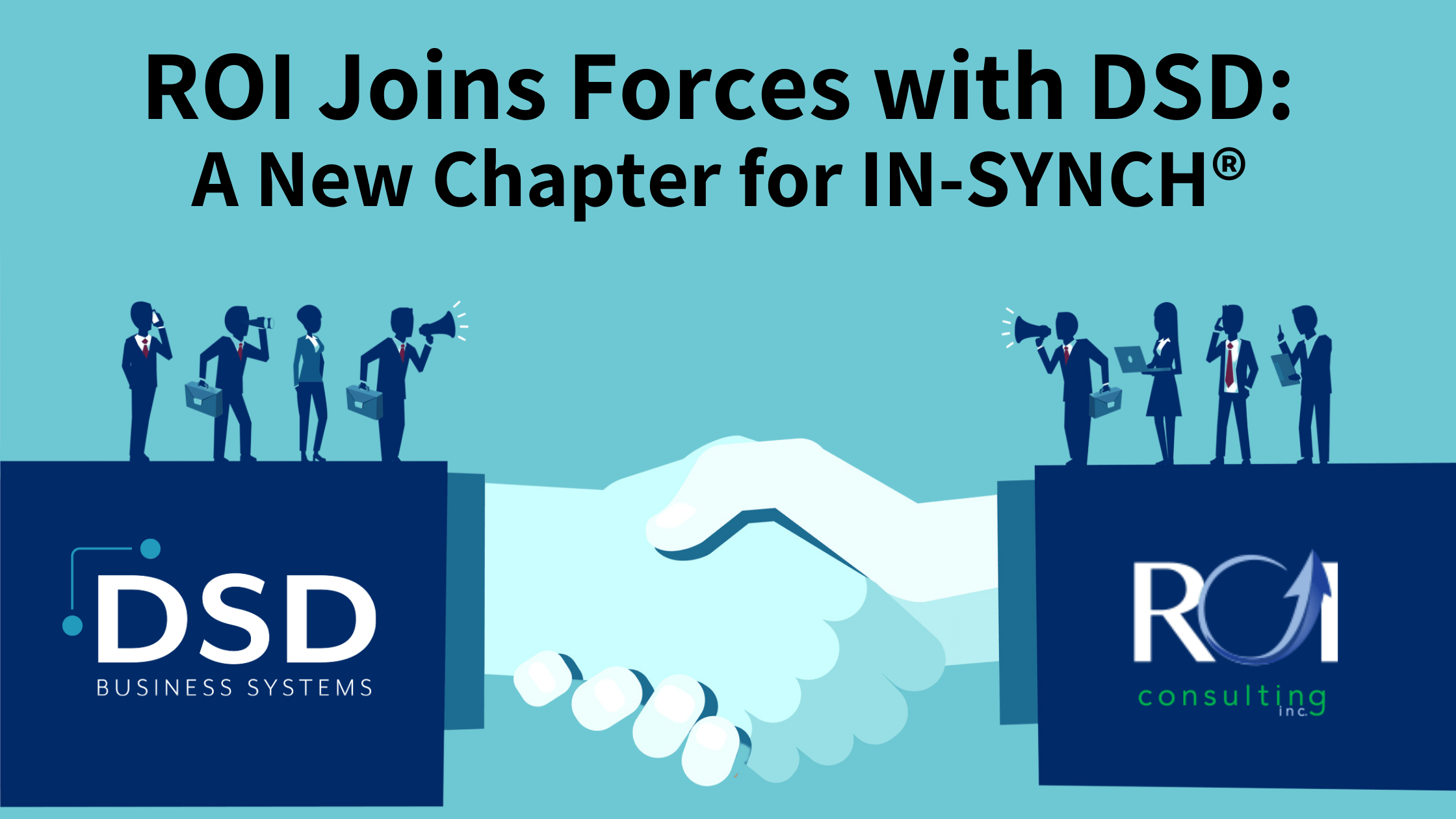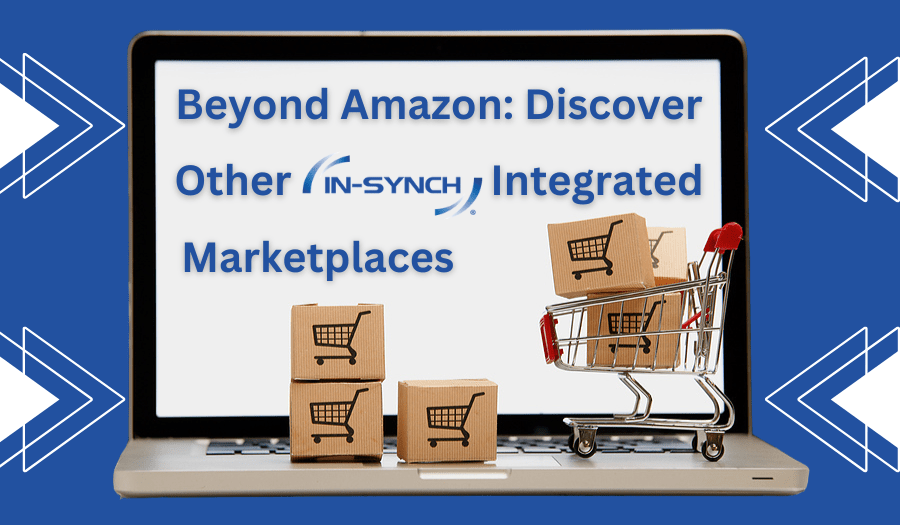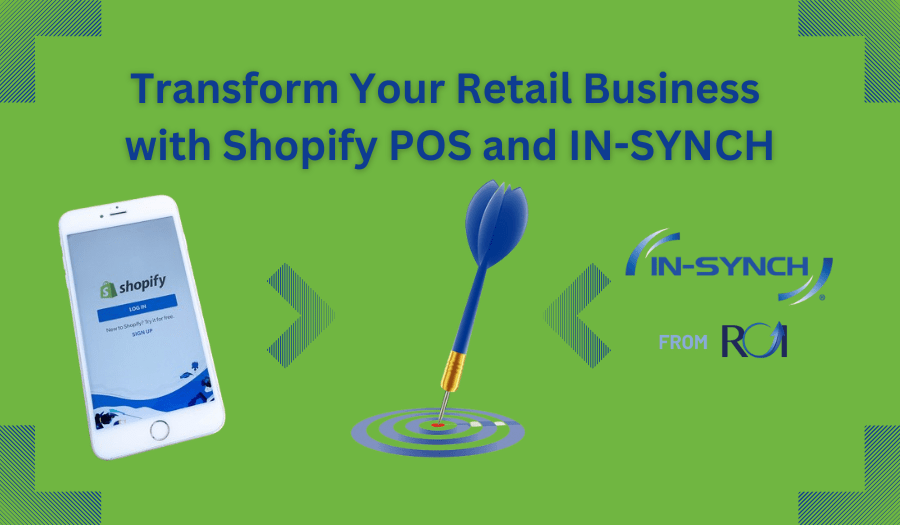By Ruth Richter • July 31, 2019
The shopping experience continues to change, and online shopping has grown from a little-used novelty to an everyday occurrence that is impossible to ignore. In fact, 96 percent of Americans have made an online purchase in their lifetime. Eighty percent made one in the last month.
Retail as we know it isn’t really dying, but it is evolving. While many consumers still like to go out to a brick and mortar store, they likely don’t shop physical retail stores exclusively. Most split their shopping between online and in-store, and the most successful businesses are the ones offering the options to purchase in-store or online.
If you’re getting ready to launch a brand-new ecommerce store, or expand into omnichannel commerce for the first time, this whole new world might feel a little overwhelming, especially when it comes to building your ecommerce site. Learning how to handle your website isn’t much harder than managing other aspects of your business: It’s all about knowing your strengths, your budget, and when to call for help.
Choosing the Right Host
The good news is that since ecommerce is so popular, there are multiple options for your ecommerce web hosting. Which one is right for you will depend heavily on your sales volume, traffic, site size, budget, and web development experience.
A website host is where all the files of your website are stored, and you’ll essentially pay rent to a hosting company to store your ecommerce site’s files. Your host will determine certain aspects of your site, such as:
- Speed: If your site doesn’t load fast enough, your visitors may click off to a competitor. Speed also contributes to your Google ranking. Finally, slower sites may not be able to accommodate a spike in traffic, such as during a big sale campaign or the holiday shopping season.
- Security: Savvy consumers won’t put their credit card information onto just any site. Sites marked as “not secure” or without the lock icon might prompt a customer to abandon their cart and go buy elsewhere. Security goes both ways: A good layer of security will also help protect your site from hacking.
- Downtime: Just like you can’t make sales at your physical store after the doors are closed for the night, you can’t make sales if your website is down and a down website means lost revenue. How much depends on when the down time occurs, your volume and traffic, and how often it occurs.
What to Keep in Mind
Just like deciding which physical retail space to rent or buy, you’ll want to make sure your ecommerce host meets your needs, too. Can it grow with you? What are the logistics of moving to a new one if you need to do that in the future? Is a cheaper price going to mean sacrificing other necessary aspects?
- Traffic: Especially if you’re new to ecommerce, your traffic might start slowly. Ideally, it will ramp up, and you need to know your host can handle the traffic demands. If the infrastructure is not flexible enough to accommodate the increase in traffic, your site will crash. (Tip: Cloud hosting is a great option for ecommerce sites because it can keep up with traffic and provides unlimited growth capabilities.)
- Encryption: As stated above, security is a major concern when shopping online, and it should be one of your top concerns as well. Secure hosted ecommerce platforms will include safeguards, including firewalls, SSL security certificates, spam filters, virus protection, and more.
- PCI Compliance: PCI DSS are standards that all businesses that handle credit card transactions must abide by. Naturally, any ecommerce site will use credit card transactions, and must be PCI compliant. Knowing you have compliance covered by your ecommerce host will help you and your customers breathe a sigh of relief.
- Bandwidth: When customers shop online, they miss the opportunity to hold an object, to see it in person for reference. You can mitigate some of those concerns by providing plenty of pictures of each item. Note that this will make your site very image heavy and could cause loading delays. Good hosting plans will include sufficient bandwidth for your files and guides for optimizing your images.
- Backup: Just like any document you create on your computer, it’s smart to back up your ecommerce site as well so you always have a saved version to revert to if something goes wrong or your site is hacked. Find a host that regularly backs up sites and stores them on a separate server with easy access to restore.
- Limitations: Read the fine print! Many hosting packages sound terrific—especially the free ones—until you learn that you must pay an extra premium to get the content and features you really need.
Making the Smart Decision
Choosing an ecommerce host can feel overwhelming but keep a few things in mind when you’re making your decision.
How big is your budget? Ecommerce hosting price tags range from free to thousands of dollars. Know what is included in each package. A higher price tag doesn’t always mean a better experience, but the cheapest options may mean you need to add capabilities from other places, and a pieced-together fee may add up to much more than you were planning to spend.
If you have a lot of development experience, there’s an opportunity to handle some DIY in your website building and save some money. However, the flip side is time. You’ll end up spending more time building and maintaining your site; be sure your workload can handle that, and you won’t be pulled away from other vital functions to develop your site.
Finally, be realistic about how much support you’ll need. If you’re not the IT-savvy sort, you may want to choose a hosting plan that includes a higher level of support to help build, maintain, and troubleshoot your site.
Keep Your Ecommerce Site Connected With IN-SYNCH®
You’re not done once you’ve selected a hosting platform, however. If you have a beautiful site with easy to navigate pages and one-click ordering, you’ll need to determine how your processes roll from there to get products from purchase click to doorstep. IN-SYNCH by ROI Consulting is the perfect integration solution to connect your brand-new ecommerce site to your Sage 100 system, warehouse management systems, and once you feel really brave, multiple third-party carts such as Amazon and eBay, as well. IN-SYNCH keeps information flowing uninterrupted across all your systems, so customers get notified when their orders ship and websites are immediately updated with inventory changes.
Whether you’re setting up an ecommerce site for the very first time, changing hosts, or just looking to better integrate your solutions, let us help. Contact us online or call 402-934-2223, 1 today and add lighting fast, bi-directional integration to your brand-new ecommerce site.




